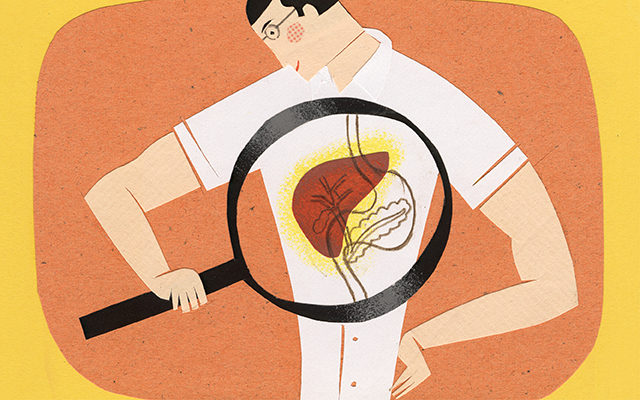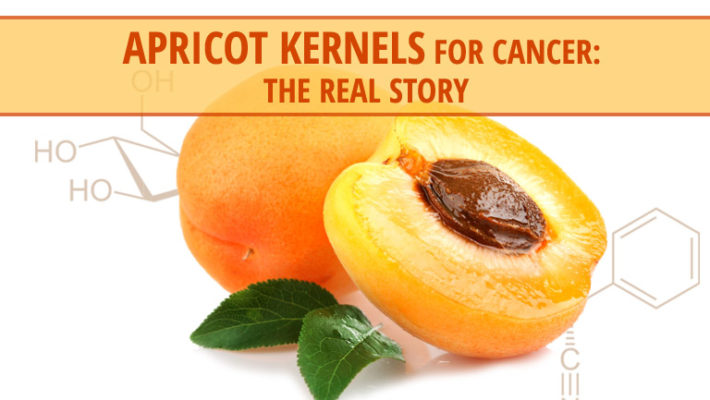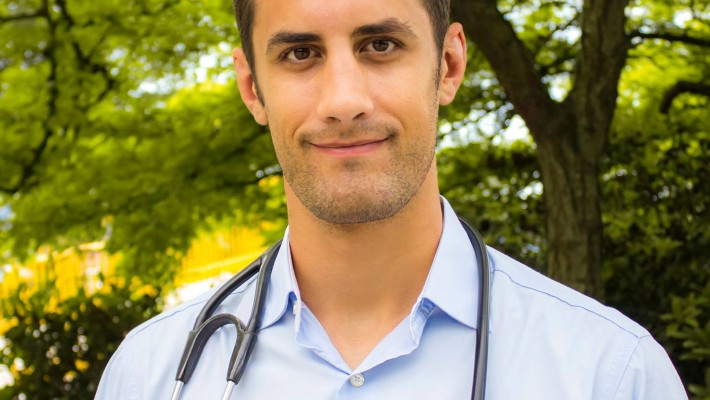Most cancer mutations are due to random DNA copying ‘mistakes,’ not inherited or environmental factors, Johns Hopkins researchers say. A new study by scientists at Johns Hopkins provides evidence that random, unpredictable DNA copying “mistakes” account for nearly two-thirds of the mutations that cause cancer. The researchers say their conclusions are supported by epidemiologic studies…

It Takes A Village: Interview with Dr. Adam McLeod
Dr. Adam McLeod was recently invited by Saje Wellness to speak about integrative cancer care on their recent podcast. The interview cover topics from the most up to date research to treatment plans and an integrative and safe approach merging both allopathic and naturopathic medicine. To listen to the interview here is a direct link:…

Liver Enzymes and Detoxification
Written by: Dr. Adam McLeod, ND The majority of the foods and medications that you consume are metabolized in the liver. The liver is an incredibly complicated organ that carries out many vital tasks required for life. In the context of detoxification there are only a few major metabolic pathways in the liver that do…

Apricot Seeds for Cancer?
Written by Dr. Adam McLeod On a daily basis I will hear from patients who have been encouraged by someone to try apricot seeds to treat their cancer. When writing this article I made a deliberate attempt to approach this subject with an open mind. The more that I researched this therapy the more that…

Treating Patients from Out of Town
Message from Dr. Adam McLeod: I am excited to announce that I will be able to provide initial visits to cancer patients who are unable to physically travel to my clinical practice in Vancouver, BC. I regularly receive requests from people interested in integrative cancer care who are unable to make it to my clinic….

Diabetes drugs for Cancer?
Written by: Dr. Adam McLeod, ND, BSc(Hon) Can drugs traditionally used for diabetes also be helpful with cancer? There is a growing body of evidence which indicates that both Metformin and a class of drugs known as thiazolidinediones can be a useful adjunctive cancer therapy. The biochemical mechanism behind this anticancer effect is poorly defined…






